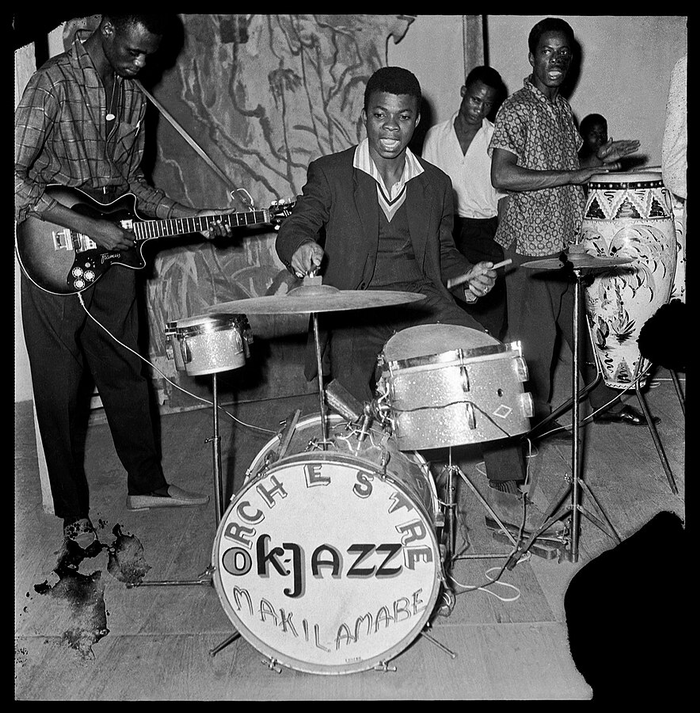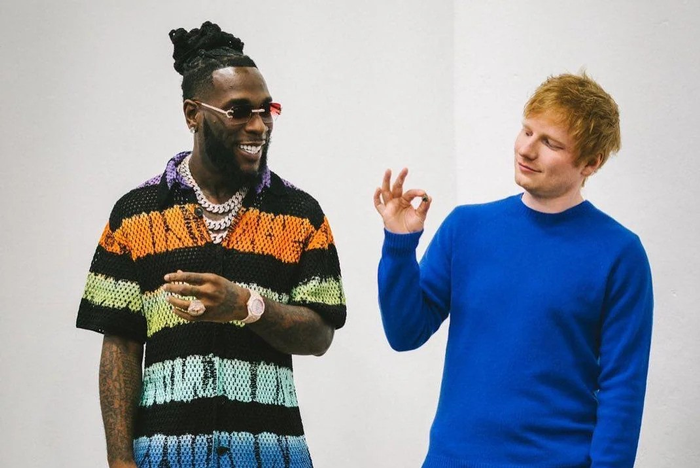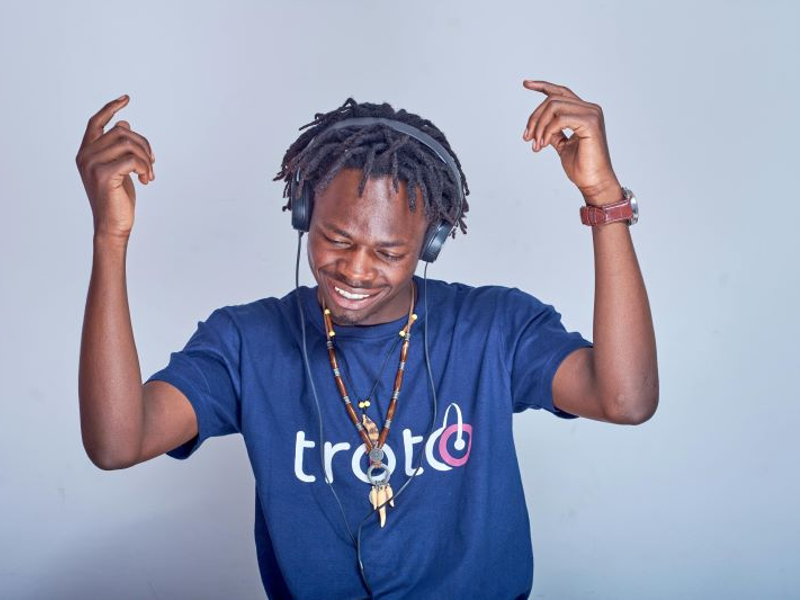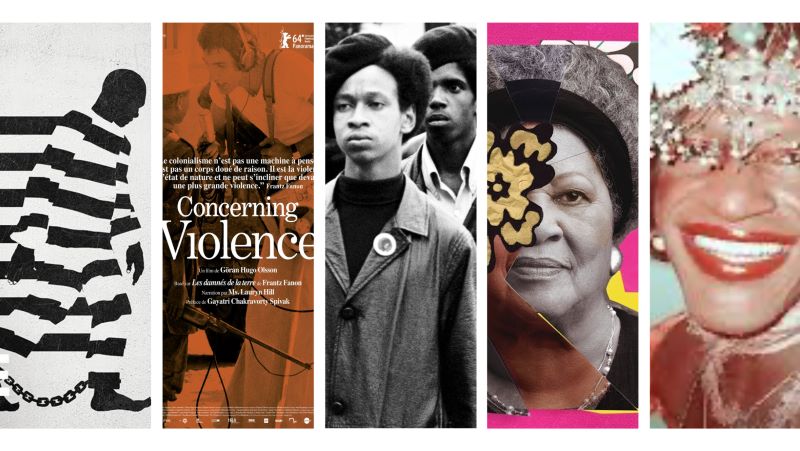Photo by Grace Kaley
Whether it is Afro Beats, Soukous, Amapiano, Highlife, or Makossa, African music has come of age and has become a regular feature all around the world, impacting audiences, initiating collaboration among other artists, and generally shaping the global entertainment experience.
Modernization and advancement in technology have played a critical role in how African music has evolved over the years. In the past, the African music industry had been relegated to the respective countries of origin. Commonly viewed as the traditional music and dance of Africa, the experience of such rhythms was mostly restricted to the country of origin an events, and other functions.
With the growth and development of the entertainment industry in many of these African countries, the traditional music of Africa began to attract global appeal among a large number of Westerners and Europeans sparking off a collaborative effort to infuse African beats and sounds into Western music.

Soukous band, TPOK Jazz in the 1950-60s. Source: Lemvo Jean Abou Bakar Depara, CC BY-SA 4.0, via Wikimedia Commons
As technology improved and music in Africa began to attract a more secular appeal, the evolution of African music began to give rise to popular genres that offered a fusion of African rhythms and percussion instruments with Western instruments and musical styles.
Along with the evolution of African music came the emergence of African artists who became household names and whose brand of music attracted a global appeal. The emergence of genres like Afrobeat, and Afro-Hiphop which have their roots in Nigeria and Ghana, along with sounds like Makossa and Soukous which originated from Cameroun and Congo created a new wave of African rhythms.
Artists like Wizkid, Burna Boy, Petit Pays, Davido, Koffi Olomide, Awilo Longomba, and many others have propelled the rhythms of Africa onto the global stage and popularized the genres fusing it with dancehall, and electronic beats along with lyrics that celebrate and tell the African story.

Burna Boy and Ed Sheeran photo announcing release of For My Hand. Source: Facebook | Ed Sheeran
This has given rise to more collaborations with artists such as Ed Sheeran, Chris Brown, Beyoncé, Rick Ross, Akon, Keri Hilson, and many others. The success of African rhythms has also brought to the limelight African history, tradition, arts, culture, fashion, and dance onto the global stage leading many non-Africans to explore cultural acculturation… African music festivals have also afforded many the opportunity to experience the vibrancy and energy of Africa and its people
Streaming platforms have also contributed to trending African music with several of the songs making billboard charts of top music thereby allowing the artists to reach a wider audience. Social media platforms have also leveraged the popularity of these songs to provide users with background songs for skits and short videos.
As the global music industry continues to grow, African music will continue to play a major role in shaping the global entertainment experience and uniting people across cultures, languages, and history.

Okechukwu Nzeribe works with the Onitsha Chamber of Commerce, in Anambra State, Nigeria, and loves unveiling the richness of African cultures. okechukwu.onicima@gmail.com





